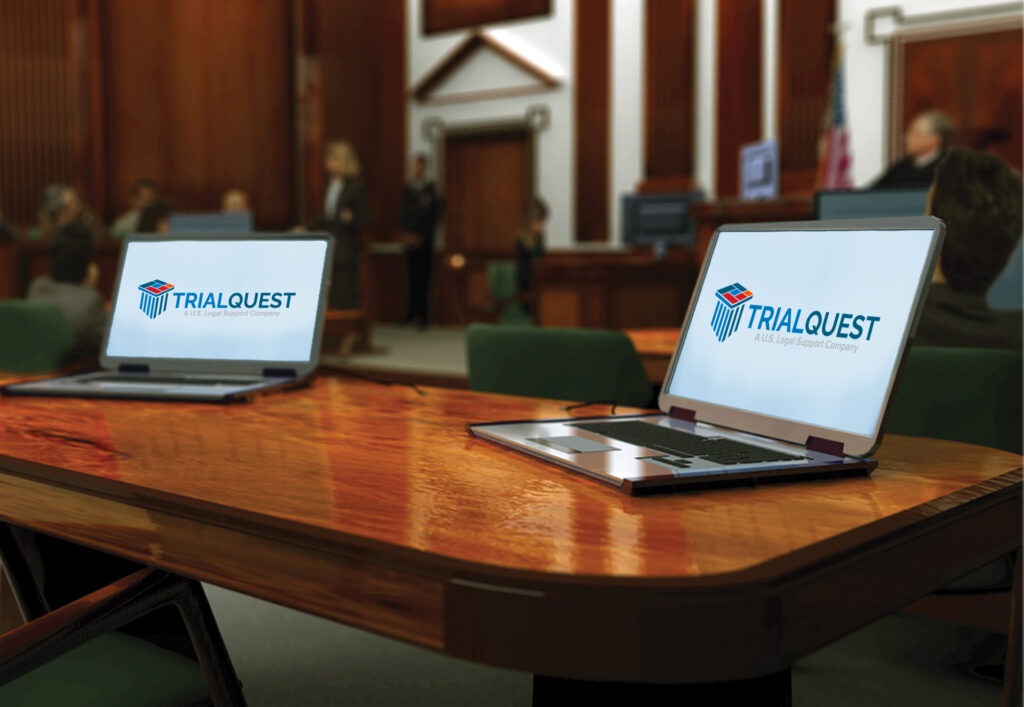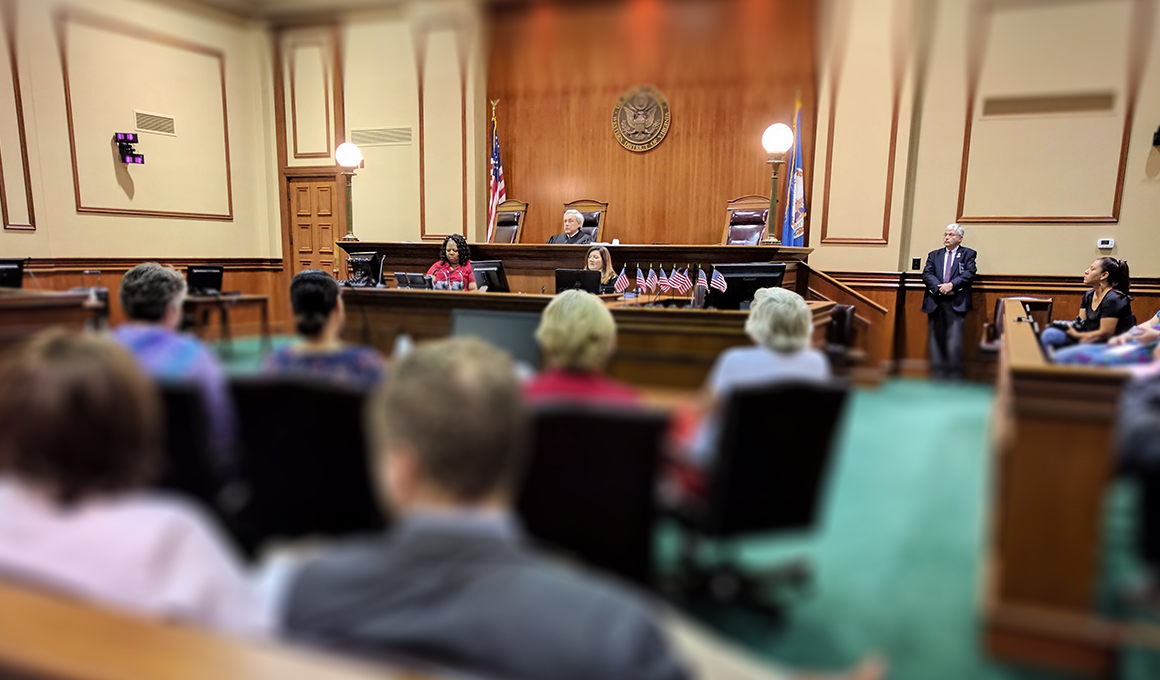Effective advocacy often depends on well-prepared trial presentations that simplify arguments.
Effective advocacy often depends on well-prepared trial presentations that simplify arguments.
Blog Article
Just How Test Presentations Enhance Your Debate and Persuade Jurors
Test presentations offer as an essential mechanism for improving legal disagreements and persuading jurors. The critical use of visuals not just clarifies intricate details however likewise catches jurors' attention extra effectively than words alone.

Value of Aesthetic Aids
Aesthetic help play a vital role in improving the performance of test presentations, as they can considerably increase target market engagement and retention of details. In the context of a trial, where jurors are tasked with handling complex details, visual help serve to streamline and clarify key points. Graphes, graphs, and pictures can convey information and concepts that may or else overwhelm or puzzle jurors, enabling an extra uncomplicated understanding of the proof offered.
Furthermore, aesthetic aids help in preserving juror interest throughout the proceedings. By breaking the dullness of spoken statement, these tools can stress crucial debates, making them much more remarkable. Effective visual help can additionally evoke emotional feedbacks, which can be critical in encouraging jurors to align with the presenter's story.

Crafting Compelling Stories
An engaging narrative is necessary in test presentations, as it serves as the backbone of reliable persuasion. It permits lawyers to weave with each other facts, evidence, and psychological components into a meaningful tale that reverberates with jurors. This narrative structure allows jurors to recognize the intricacies of the case while directing them with the lawyer's disagreement.
To craft an engaging story, lawyers should focus on clearness and comprehensibility. This entails developing a clear protagonist-- commonly the customer-- and detailing their trip through the events concerned. Offering the realities in a logical sequence improves comprehension and preserves involvement. In addition, making use of vivid descriptions can create mental pictures that assist jurors visualize the events, making the narrative much more memorable.
Moreover, integrating key themes throughout the presentation strengthens the core message and aids in retention - trial presentations. The narrative should not just communicate info but also stimulate a feeling of justice, highlighting the stakes involved. Ultimately, a sound narrative fosters a connection between the jurors and the case, positioning the attorney's click here for info disagreement as both legitimate and engaging, therefore enhancing the likelihood of a desirable judgment

Involving the Jury Psychologically
Effective court engagement depends upon the lawyer's capacity to attach with jurors on an emotional degree. This link can significantly affect jurors' perceptions and their utmost decision-making. Utilizing psychological appeals permits attorneys to humanize the situation, transforming abstract legal principles into relatable experiences. By offering real-life stories or endorsements, attorneys can stimulate empathy and empathy, cultivating a much deeper understanding of the problems at risk.
Visual aids, such as pictures or video clips, can even more improve psychological engagement, offering jurors with brilliant representations of the situation's human components. Crafting a narrative that highlights the struggles and victories of the people included ensures that jurors see past the lawful disagreements and acknowledge the human effects of their choices.
Moreover, tone and body language play a vital duty in conveying emotion. An attorney's enthusiastic delivery can resonate with jurors, strengthening their emotional investment in case. It's necessary to stabilize sob stories with valid proof, ensuring that jurors feel compelled to act while remaining based in top article the fact. Inevitably, a psychologically involved court is a lot more most likely to be convinced, making emotional connection an important component of effective test discussions.
Structuring Your Discussion

The body of the discussion must be realistically fractional right into bottom lines, each sustained by compelling proof. It is useful to use narration methods to weave facts right into a narrative that jurors can conveniently adhere to. Visual help, such as charts and video clips, can improve understanding and interaction, helping to highlight essential pieces of proof.
Real-World Situation Studies
Examining real-world study gives very useful understandings into the art of test presentations and persuasion. For circumstances, the landmark situation of "O.J. Simpson v. The Individuals of California" highlights how aesthetic aids and engaging narratives can guide jury perceptions. The defense group efficiently used a technique that integrated top-level expert statements with look at more info multimedia discussions, which captivated jurors and eventually affected their decision.
Another notable example is the "McDonald's Coffee Situation," where the complainant's attorneys made use of graphic images of the injuries sustained by Stella Liebeck. trial presentations. This plain visual evidence played a critical role in conveying the seriousness of her burns, resulting in a considerable jury award. Such cases demonstrate that impactful test discussions usually rest on the reliable combination of visuals and storytelling to evoke emotional responses from jurors
Moreover, the "Casey Anthony Test" highlighted the value of narrative comprehensibility and credibility. The prosecution's failing to develop an engaging timeline decreased their convincing power, underscoring the need of a well-structured discussion. Examining these cases reveals that effective trial presentations call for calculated preparation, emotional engagement, and the capacity to resonate with jurors' values and ideas.
Final Thought
Trial discussions considerably boost disagreements and encourage jurors through the critical use of aesthetic aids, compelling stories, and emotional involvement. A well-structured presentation equilibriums psychological appeals with accurate evidence, eventually reverberating with jurors' values.
Report this page